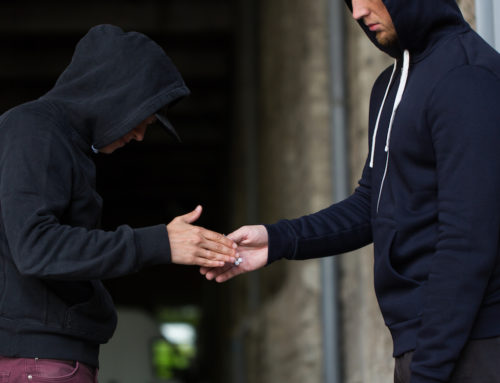 Throughout my 20 year career handling domestic violence cases for my clients, I have seen an increase in criminal prosecutions relating to domestic violence incidents in California including Los Angeles, Palmdale, Ontario, Pasadena, Pomona, West Covina and many other cities in California. After the OJ Simpson trial in the mid-1990s, law enforcement has much less tolerance in handling a domestic violence call even if no person is injured and despite the fact that neither spouse wants a person arrested or prosecuted. If you are arrested and charged with domestic violence in California, there are certain defenses available which should be explored by a seasoned criminal defense lawyer.
Throughout my 20 year career handling domestic violence cases for my clients, I have seen an increase in criminal prosecutions relating to domestic violence incidents in California including Los Angeles, Palmdale, Ontario, Pasadena, Pomona, West Covina and many other cities in California. After the OJ Simpson trial in the mid-1990s, law enforcement has much less tolerance in handling a domestic violence call even if no person is injured and despite the fact that neither spouse wants a person arrested or prosecuted. If you are arrested and charged with domestic violence in California, there are certain defenses available which should be explored by a seasoned criminal defense lawyer.
1.Misdemeanor Domestic Violence Charges in California
Under California Penal Code section 273.5 a person may be found guilty of domestic violence where the prosecution proves the defendant:
- Willfully inflicted an injury on an intimate partner, and
- The injury causes a traumatic condition on the alleged victim
To qualify as an intimate partner, the prosecution must prove beyond a reasonable doubt that the victim was the defendant’s:
- Co-habitant or former co-habitant;
- Spouse or ex-spouse;
- A person who has a dating relationship or prior dating relationship with the defendant;
- Fiance or ex-fiance;
- Mother or father of the Defendant’s child.
Further, a traumatic condition must be shown meaning there must be some physical injury but the smallest bruise or scratch may suffice for a conviction under California Law. Often times, a case may be reduced to a misdemeanor 243(e)(1) (spousal battery) where no injury can be found. A conviction under California Penal Code section 243(e)(1) will many times carry less severe consequences than a conviction under Penal Code section 273.5.
When arrested for misdemeanor domestic violence there are many issues which may be explored by a criminal defense attorney that may lead to dismissal of charges including facts related to self-defense. Like other violent crimes, a person may be able to assert a claim of self-defense where an accused:
- Had a reasonable belief that they or someone else was in imminent danger or harm of being touched unlawfully or suffering bodily injury;
- There was a reasonable belief by the defendant that immediate use of force was required or necessary to defend against the imminent harm;
- The accused used only the amount of force necessary to defend against the danger.
The factual issues of self-defense should always be explored by a criminal lawyer in a domestic violence case.
The consequences of being convicted of a misdemeanor conviction of domestic violence in California includes up to 1 year in jail and up to a $6,000.00 fine. Moreover, often times as a condition of a probationary sentence, a defendant will have to complete 52 anger management or domestic violence classes and may have to attend counseling.
2.Felony Domestic Violence in California
Penal Code section 273.5 is a wobbler in California meaning it can be charged as a felony or misdemeanor and if charged as a felony may be reduced by a Judge upon the appropriate motion under Penal Code section 17(b). A prosecutor will often times file charges as a felony where the defendant has a significant prior record or where the injuries inflicted are severe.
A felony conviction for domestic violence carries a potential prison term of 2, 3 or 4 years in a California state prison and up to a $6,000.00 fine. In addition, a felony conviction can be considered a strike where the prosecution can prove a special allegation showing a defendant inflicted great bodily injury pursuant to California Penal Code section 12022.7. Great bodily injury is generally defined under California Law as a substantial or significant injury.
As with a misdemeanor charge of domestic violence, a felony charge may also be defended under different legal principles including self –defense. As such, when charged with a felony such as domestic violence in California it is always wise to confer with an experience criminal attorney to determine the best course to take in defending against a criminal prosecution.





